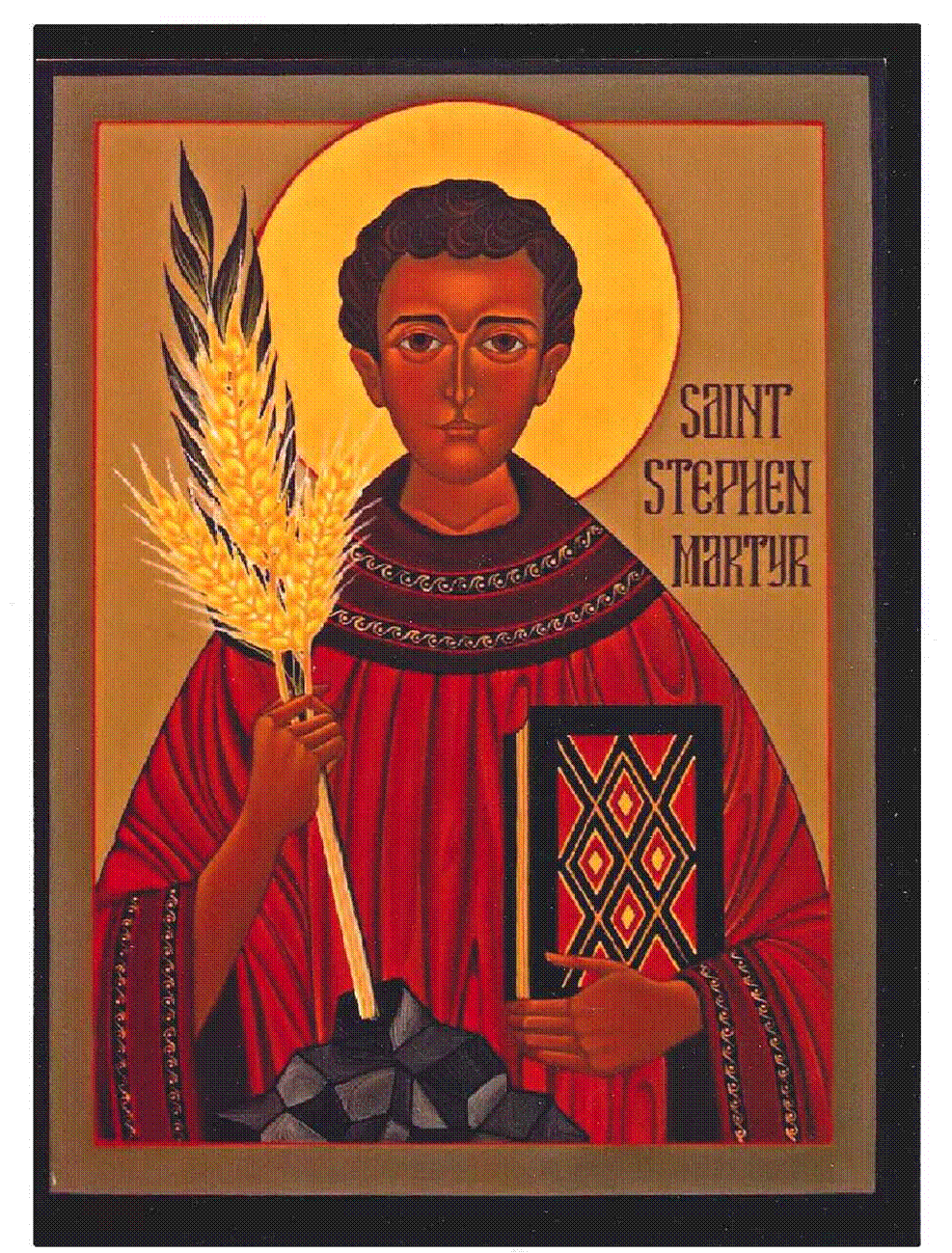Teaching Our Children Well

But take care and watch yourselves closely,
so as neither to forget the things that your eyes have seen
nor to let them slip from your mind all the days of your life;
make them known to your children and your children’s children. Deut 4:9
Every community that lasts more than one generation has to figure out which traditions to hold onto and which to let go of. The world changes and we learn new things. Old traditions don’t always fit new circumstances. Communities that survive are good at adapting. It’s not so much finding fault with former ways as it is asking how do we go forward from here?
As the 2nd oldest Lutheran Church in Wilmington, St Stephen’s has probably lived through multiple iterations of holding onto some things while letting go of others. If we are to thrive as a congregation, this way of moving forward will guide us.
Last Sunday morning, we celebrated one of the Church’s oldest traditions—welcoming newcomers to the Communion Table for the first time to receive bread and cup. It wasn’t their first Sunday at St Stephen’s Communion table. Every Sunday, under their parents’ watchful eyes, we’ve welcomed them to receive words of blessing. But this past Sunday, after a summer of “Monday School” lessons, two of our youngest were ready and eager to enter the mystery of the sacrament a new way, appropriate to their ages and abilities to understand.
Their preparation for this traditional rite of passage probably didn’t resemble the ways many others of us learned about coming to the Lord’s Table for the first time: no memorizing Luther’s Small Catechism, no pondering the differences between “transubstantiation” and “consubstantiation,” not even writing prayers to pray aloud before the whole congregation. Instead, we read Bible stories—in both Old and New Testaments—about God providing meals for people as a sign of love; we thought about seeing God at work in the world around us; and we wondered about sharing God’s love through acts of kindness and service to people around us.
One of the books we used in our Monday school lessons was Daniel Erlander’s A Place for Everyone: there’s a place for everyone at God’s banquet and in God’s world. This is one of my favorite new-ish traditions for thinking about Communion, and it’s why I always try to commune everyone by name, whether I’ve met them before or not. Nothing says “there’s a place for you” like being addressed by your own name!
May sharing God’s love, while learning new ways to live out our traditions, continue to help us in our work to love, to invite, to serve.
Pastor Sue


























Comentários